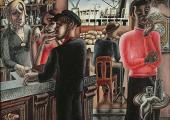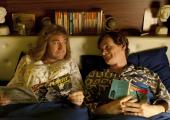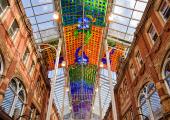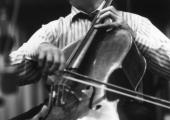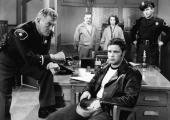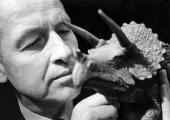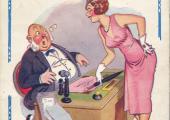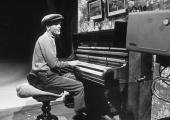Hidden, Series Finale, BBC One/ The Slap, BBC Four

One goes out on a high, the other arrives with a pile of chips on its shoulder
Many commentators have professed bafflement at the tangled layers of Hidden, as it probed into a sick and murky past while apparently dead characters came back to haunt the present. Right to the end, writer Ronan Bennett kept his cards carefully concealed, so we still don't know who was really behind the sinister "Helpdesk" and its slick dial-a-killer operating system. Or at least it was slick at killing everybody except protagonists Harry (Phil Glenister) and Gina (Thekla Reuten), who somehow managed to wriggle away from their pursuers on a record-breaking number of occasions.

